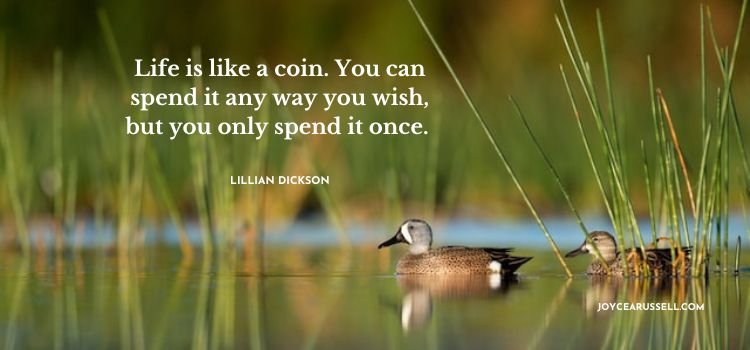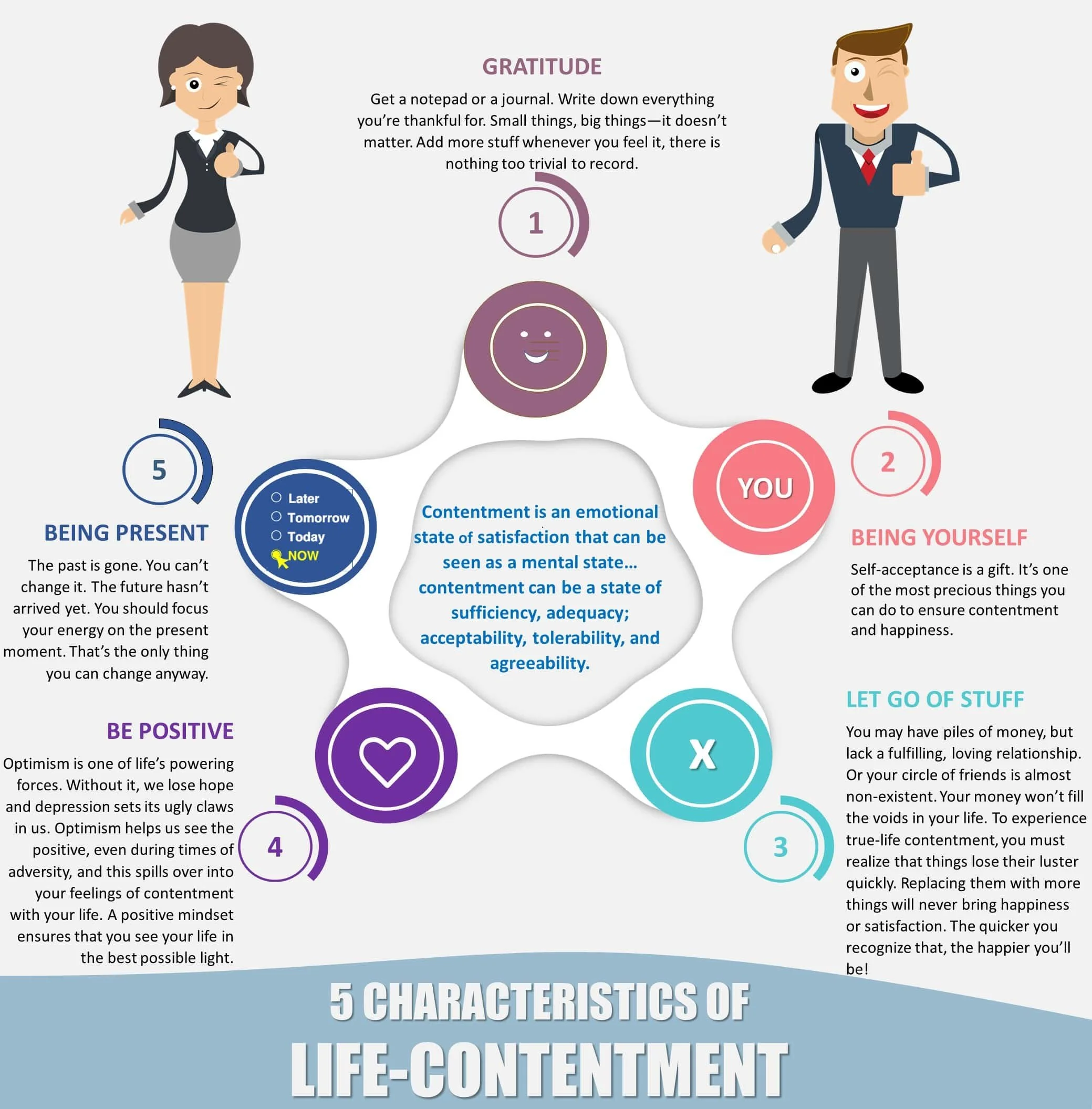If you've recently begun gratitude journaling, you might be contemplating whether you're optimizing the benefits of your daily ritual. Deciding this is a personal matter, but there are eight actions you can take to enhance your journaling experience and obtain maximum benefits. Whether you're on a healing journey or simply aiming to introduce thankfulness into your daily life for a more contented existence, writing down your thoughts in a gratitude journal is a powerful tool. This is why gratitude journals are so popular.
So, if you've felt stumped for ideas of what to write about, give the following eight ideas a try. I believe you'll have plenty to write about in no time!
The feelings are in the details.
Expressing gratitude for your home and cherished relationships is a heartwarming exercise. Yet, soon, it’s common to find yourself stuck in a loop of sameness. The key to maintaining this practice is to delve into the finer details, uncovering the nuances that make each experience unique. Rather than merely naming individuals or items, explore the specific reasons behind your appreciation. For instance, instead of a generic thanks to a best friend, tell them exactly what moments touched your heart. Like the time they stayed up with you all night, offering a listening ear when you needed it the most. By delving into these specifics, your gratitude becomes more reflective and authentic. This approach not only keeps your expressions of thankfulness fresh and engaging but also fosters a deeper connection with the elements of your life that bring you joy and support.
Pause and appreciate the moment.
In the rush of your daily life, taking a moment to center yourself through mindfulness or meditation can be a transformative practice. By intentionally pausing and emptying your mind, you create a space to tune into your current emotional, physical, and spiritual state. As you relax, allowing your mind to drift freely, you discover a treasure trove of simple yet beautiful moments to be thankful for. Whether it's the gentle melody of wind chimes outside or the enticing aroma of dinner wafting from the oven. These small details often go unnoticed in the rush of your routines. Writing about these recent sources of gratitude not only deepens your appreciation for the present moment but also serves as a reminder of life's small joys that enrich your daily experiences.
Ask yourself why, and then ask why again.
When expressing gratitude, take a moment to explore the layers beneath your initial thankful thought. Dive deeper into the why behind your appreciation and ask yourself probing questions until you uncover the root cause. For instance, your gratitude for chocolate chip cookies may lead you to a cherished childhood memory of your grandmother baking them for you with love. By acknowledging these underlying sentiments, you not only celebrate the surface-level joys but also the sentimental “treasures" that amplify your gratitude. This reflective practice not only heightens the richness of your expressions but also strengthens the emotional connections between you and the sources of your gratitude.
Broaden the field of your gratitude.
If your daily gratitude reflections have begun to feel repetitive, consider broadening your perspective to uncover appreciation in different facets of your life. It's natural to emphasize family, but there's a vast reservoir of gratitude in work achievements, past experiences, and the beauty of nature. By varying your sources of gratitude, you infuse freshness into your reflections and develop a more well-rounded perception of thankfulness. Here are some tips to help you explore gratitude beyond the familiar:
Shift your focus: Direct your gratitude lens towards areas like work accomplishments, personal growth, or moments in nature.
Reflect on past experiences: Revisit cherished memories or lessons learned from challenges to find gratitude in your journey.
Connect with nature: Acknowledge the simple wonders of the natural world around you, from a sunrise to a blooming flower.
Express gratitude for small wins: Celebrate daily triumphs, no matter how minor, to cultivate positivity.
Rotate themes: Designate specific days for different themes, such as relationships, achievements, or the beauty of the world, to keep your gratitude practice dynamic and engaging.
Take a break and do something else.
If the thoughts aren’t coming, give yourself a break. This isn’t a race. Walk away and do something else for a bit, such as emptying the dishwasher. Let your mind wander through this activity. What about this task? Can you be grateful for clean dishes? How about the time you shared with your family cleaning up the kitchen together after dinner last night? Perhaps the meal you’re going to eat next on these dishes? Come back and write about these things. Give them a new slant.
It's sometimes surprising to see just how much there is to be grateful for, isn't it? The best part? The more you journal your gratitude, the more your attitude will shift to one of compassion and kindness. Truly, a grateful heart is a happy one!
Try a different structure.
When most people think of journaling, they think of writing letters to themselves or simply writing sentences about their feelings. But this isn’t the only structure you can journal in, and the truth is, it may not be the most effective for you. Consider changing your journal structure, or better yet, using more than one structure in your journaling. This will ensure you are getting the most out of your journaling time. Consider adding lists, photos, tables, or diagrams to your gratitude journaling.
Be complimentary to yourself.
In gratitude journaling, people tend to write about all the things or people they are grateful for in their lives. And there is nothing wrong with this, just make sure you don’t forget to be thankful for the most important person you know, yourself! The best practice is to write a few things you like about yourself each day when you journal. This way, you can reflect on how your day went and watch your transformation as you become a better version of yourself.
Be grateful for any lessons you’ve learned.
No one’s life is perfect, and when gratitude journaling, you may find that sometimes you have days where you make major mistakes that you are embarrassed by. And this is okay, and even something you should be thankful for! Rather than viewing your mistakes as setbacks, include them in your gratitude journal as lessons, approach them with an open mind, and be grateful for having had the opportunity to learn. This will help keep you from making the same mistakes again.
Fostering gratitude is not just about listing the people or things you're thankful for but noticing and recording the details that make each moment special. By exploring the nuances of your appreciation, expressing gratitude becomes a richer and more authentic practice. Whether you're uncovering the buried moments of your past, savoring the small joys in everyday life, or broadening your scope to new areas, gratitude is a dynamic force that can bring positivity and depth to your reflections. Remember to center yourself, allowing your mind to drift and find unexpected sources of thankfulness. With these tips in mind, your gratitude practice can evolve, staying fresh and meaningful every day. Embrace the variety of your experiences, and let gratitude become a powerful and transformative thread woven into the fabric of your life.
My final thoughts.
Wherever you are in your gratitude journaling journey, you are certainly benefiting from the practice. But if you truly want to make sure you are getting the most from it, don’t forget to compliment yourself, and don’t be afraid to see your mistakes. After all, your gratitude journal is a safe space for you to express everything you are grateful for without any outside judgment.
For more information, check out these posts.
5 Reasons Keeping A Gratitude Journal Will Change Your Life.
It’s Never Too Late To Begin A Journaling Habit.
Thank you for taking the time to read this post.























